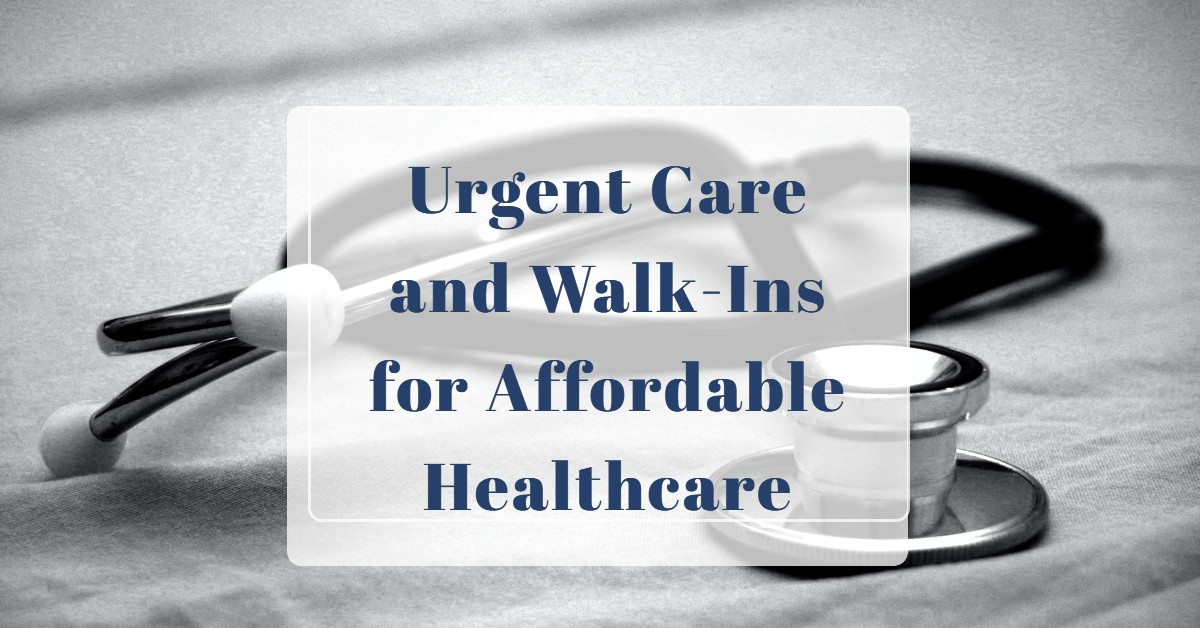Have you been wondering why the urgent care facilities have gained traction recently? In America, these are emerging in every state to cater to the medical needs of their community. But what are urgent care services offered in these facilities?
Oh, they provide various medical services that might surprise you, including diagnostic and non-life-threatening illnesses.
Most people embrace the convenience of visiting these facilities, not to mention affordability. If you’ve not checked an urgent care service in your area for your medical needs, keep reading to find out what you’re missing.
What are Typical Urgent Care Services?
Now, you must be trying to figure out if you accidentally burn your hand or other parts of your body or get into a minor accident where you should contact your medical needs? Do these warrant an emergency room service, or can these medical providers handle them? Let’s find out what are Urgent Care services and medical conditions treatable in this facility:
- Minor accidents and falls
- Cuts require a few stitches but are not too deep or involve too much blood.
- Vomiting
- Fever or flu
- Allergies
- Breathing difficulties-mild or moderate asthma
- Diagnostic services- X-rays and lab tests
- Eye irritation
- Broken bones and fractures- must be minor.
- Backaches
- Severe sore throat
- Cough
- Skin rashes
- Infections
- Sprains and strains
- Urinary tract infections (UTI)
- Diarrhea or dehydration
N/B: Though these conditions are nonemergency, they require a 24 hours service. Otherwise, they might turn out to be life-threatening.
Emergency Services You Don’t Get in Urgent Care
Now that you know what Urgent Care services you get in these centers, it’s safe to see when you must get to an ER or call 911. Generally, when you experience an emergency condition that can endanger your life or impair you permanently. These may include:
- Heart attack symptoms, prolonging more than two minutes-chest pain.
- Compound fracture-a protruding bone through the skin
- Convulsions or seizures
- Deep cuts or gunshot wounds
- Poisoning
- High fever in a newborn that’s less than three months old
- Heavy bleeding-uncontrollable
- Severe burns
- Pregnancy-related problems
- Severe head or back injury
- Severe abdominal pain
- Severe chest pain
- Difficulty breathing
You can take the patient there if the nearest medical facility is urgent care. Then the healthcare provider can transfer the patient to an emergency room in a hospital for intensive treatment.
Why is Urgent Care Important?
Urgent care is your first approach to your medical needs. You can receive personalized services in an Urgent Care unit if you have an acute medical condition. And we’ve already covered “what are Urgent Care services.” So, you should also know that you can get quality care-from day to night, on weekends, and during public holidays.
Accessibility
Most of these medical centers are available closer to your home, making them convenient even at night. And this can be your best option when you need urgent care and your doctor is far or unavailable.
Affordability
Did someone say that urgent care is cheaper than the ER? Yep. On average, you can pay from $165 to $190 when visiting urgent care. Conversely, you can part with $1,250 in an ER, which is more significant than what you pay in an Urgent Center.
Medical Collaboration
Urgent care usually collaborates with trusted, effective health systems. When a medical provider finds a patient with a chronic condition requiring a specialist, he can recommend or partner with a specialist. They can send a patient’s records to their primary care doctor for a smooth healthcare experience.
In Conclusion
Do you need an urgent care service, and it’s after working hours? Don’t worry because you can walk to your nearest urgent care center and get personalized service from trained and experienced medical staff. We’ve discovered “what is Urgent Care services?” and they operate for extended hours throughout the year than the usual hospitals. Now you know where and what to get from the urgent care center.



